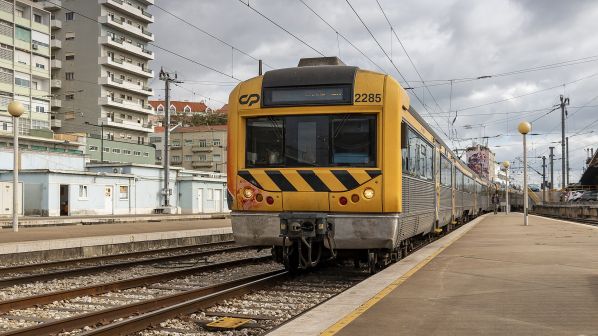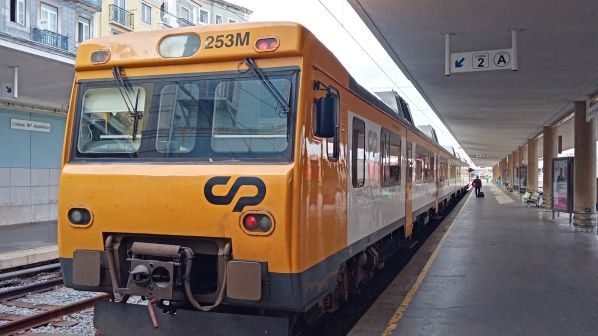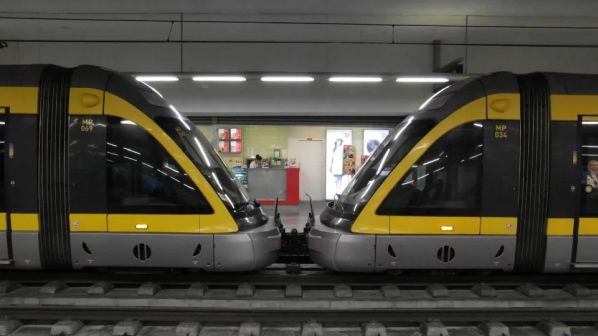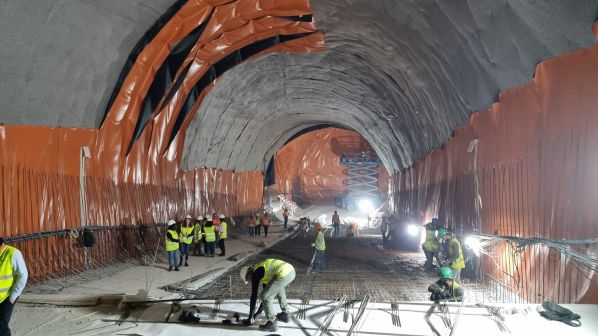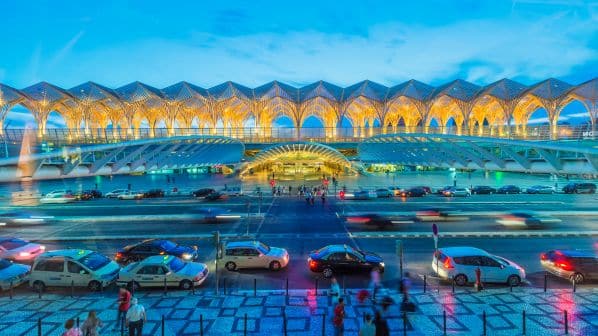THE Portuguese government plans to invest €1.34bn in rail and public transport in 2024, a 23% increase on the €1.09bn invested in 2023.
Of this, €717m will be invested in network expansion, including the construction of new metro lines in Porto and Lisbon, the implementation of a new public transport system in the Mondego region, and the new light rail line from Odivelas to Loures in Lisbon.
The remaining €627m will be divided between €422m for the upgrade and modernisation of the national rail network and €205m for the acquisition of new rolling stock. Portuguese Trains (CP) will order up to 117 new EMUs, including up to 62 for commuter services in Lisbon and Porto and up to 55 for regional services.
The government also plans to continue the rehabilitation of rolling stock and to carry out the project to develop new inter-city coaches. A consortium of 13 companies was selected in September 2022 under Portugal’s Recovery and Resilience Plan (RRP) to develop three prototype coaches for CP, which are expected to be completed by 2025.
New trains for Lisbon and Porto metros
The government has also approved the purchase of 46 new trains for the Lisbon and Porto metros. The Lisbon Metro will purchase 24 three-car trains for up to €140m, while Porto Metro will procure 22 new LRVs for up to €74.2m, with an option for 10 additional LRVs.
The new trains for Lisbon will replace and reinforce the existing rolling stock fleet as well as operate the extension of the Red Line from São Sebastião to Alcântara. In Porto, the new LRVs will support the ongoing extension of the Pink and Yellow lines and will be used on the new Ruby Line from Casa da Música to Santo Ovídio.
Acquisition will be financed through a combination of government and European Union funding. The new fleets are expected to be delivered between 2024 and 2027.
Separately, the Portuguese government has authorized Porto Metro to spend up to €10m on initial studies for four new light rail lines totalling 37km with 38 stations, to be carried out in 2024 and 2025. The financial costs of the studies will be covered by EU funds and the national Environmental Fund.
